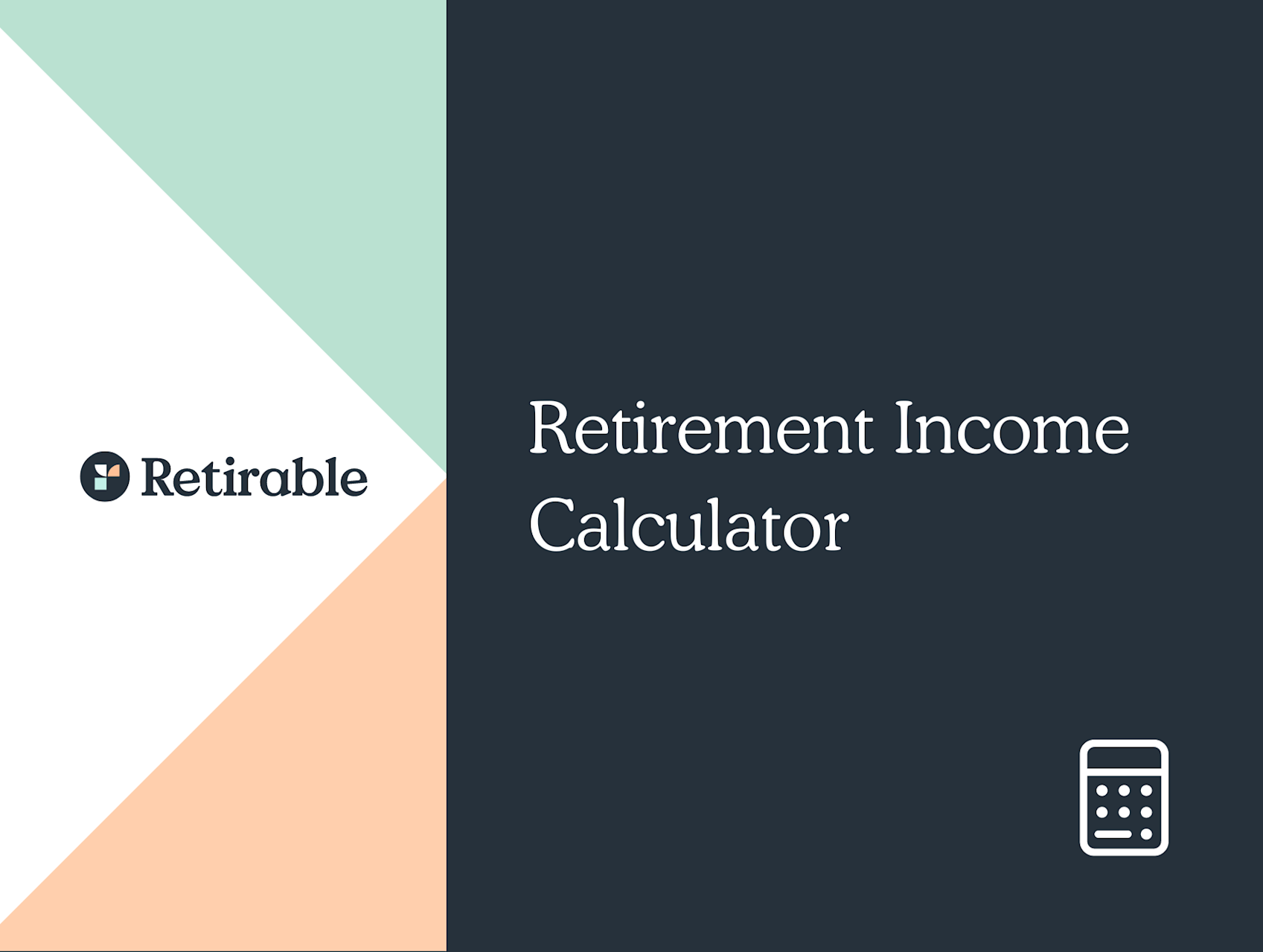Income
Risk planning can be one of the most difficult retirement topics to discuss, but the truth is, many retirees don't plan for the unexpected expenses that can pop up. Here are some of the top risks to your retirement savings, as well as some tips on how to best prepare for them.

Stephanie Faris
•
Published July 22nd, 2021
Table of Contents
Key Takeaways
When you retire, your risk of a financial emergency doesn’t change even though your income might be limited.
Some risks you’ll face are family and health emergencies, unexpected inflation, and changes to Medicare or Social Security.
The best way to reduce these risks is to have extra money set aside and regularly reassess your budget to account for the funds you have left.
It can be one of the most difficult retirement topics to discuss, but the truth is, you’ll need enough money to live on. As you’re setting funds aside, you may not factor in the unexpected expenses that can pop up.
But with a little careful planning, you can make sure you have those emergencies covered. Here are some of the top risks to your retirement savings, as well as some tips on how to best prepare for them.
Types of Post-Retirement Risks
Unexpected emergencies don’t go away just because you’re no longer in the workforce. But when you’ve carefully allocated your income for each month and year of your retirement, even a small emergency poses a risk to your retirement planning. Here are some common post-retirement risks you should consider while you’re preparing your budget.
Personal & Family Risks
As you settle into the retirement lifestyle, you likely have specific plans. Maybe you hope to travel or spend more time with your grandkids.
You may not want to think about it, but tragedy typically comes without warning. Your spouse might die before you, or one of your children could need financial help. These risks were present before retirement, but they’re more pronounced when your income is limited.
Health & Wellbeing
It’s impossible to predict whether you’ll be hit with one of the biggest retirement risks: illness. You could be hospitalized for a condition that leaves you scrambling to pay out-of-pocket costs. Many retirees will need long-term care at some point, and that can definitely take a toll on your finances.
As you age, it is expected that health care expenses become a bigger part of your budget, be sure to plan ahead with the right Medicare option.
Financial Risks
One of the retirement planning risks most retirees will face relates to finances. After you retire, prices are likely to increase, and you’ll probably feel that inflation a little more if your income stagnates.
You will occasionally get increases in Social Security, as directed by the Cost-of-Living Adjustment (COLA) Act, but your pensions and planned retirement savings withdrawals may not account for inflation. The bottom line is, your expenses can be unpredictable, making it tough to set a budget that will cover you for the rest of your life.
Public Policy Risks
Living after retirement means depending on government programs like Social Security and Medicare. Since they’re government programs, they’re susceptible to cuts that could affect your bottom line. Unexpected shifts could put a sizable dent in your retirement plans.
What are the Risks Going Into Retirement?
Now that you know what the risks are, how do you face them? Many articles on retirement issues focus on urging you to save and budget. But as you identify each risk, it’s important to come up with actionable solutions. It always comes back to the importance of planning and budgeting, but you also need to be flexible enough to adjust your plans when unexpected things come up.
Plan to Live a Long Life
As you face retirement, one thing that’s uncertain is how long you’ll live. You can look at the average life expectancy of 78.7 years, but that’s not personalized to you. Your lifestyle, health, genetics, and other factors play a direct role in how long you’ll live. That means if your financial planning is based on average life expectancy, you could find you outlive your funds.
For best results, delay retirement until you qualify for the maximum Social Security payment available to you. If you wait until age 70, you’ll get the highest amount. This will reduce your reliance on your retirement savings in case you live to age 80, 90, or 100.
Save for Rising Costs
One of the problems related to retirement is that costs won’t remain stagnant. Everything from healthcare to hotel rooms to groceries is likely to increase in cost. If you live to be 100, what you’ll pay for basic expenses at 60 or 70 will likely be dramatically different by then.
If you can live rent-free, you’ll at least be able to avoid the rising costs of housing. A mortgage will provide the steadiest monthly housing expense, but obviously paying off your house and living mortgage-free is the best option.
Plan for Inflation
As you’re looking over your retirement risks and how to manage them, one of the best things you can do is plan for inflation. You should take a look at your investments and make sure they’re weighted toward keeping your risk low, especially if future interest rate changes can impact the interest you’re receiving on those investments.
Underutilizing Your Investment Assets
Your investments pose one of the biggest hidden dangers of retirement. You should already have shifted the assets in your portfolio to a more conservative approach. Work with a financial planner to look at your portfolio and make sure you’re covered. Also make sure you’re striking the balance between enjoying your investment assets and keeping enough to last throughout your retirement.
Sustaining Your Withdrawal Rate
Outliving your retirement savings is a legitimate concern. That’s why it’s important to come up with a sound strategy that has you withdrawing at a sustainable rate. Your planning should account for inflation, your age, and your own risk tolerance. It’s also important to re-evaluate your withdrawal rate and investment portfolio each year. In doing that, even if you have some surprises in a given year, you’ll be able to rebalance things so that it doesn’t have as much of an impact.
Final Thoughts
If your retirement woes include financial security, budgeting and planning are the best things you can do. You’ll have full oversight of what’s going on, and it will give you an overall feeling of being in control. One great way to make sure you’re maximizing the income available to you is to work with a certified financial planner. A planner can help you put a budget in place that accounts for all the financial risks you’ll face as a retiree.
Share this advice

Stephanie Faris has written about finance for entrepreneurs and marketing firms since 2013. She spent nearly a year as a writer for a credit card processing service and has written about finance for numerous marketing firms and entrepreneurs. Her work has appeared on Money Under 30, The Motley Fool, MoneyGeek, E-commerce Insiders, and GoBankingRates.
Decumulation
Paycheck
Lifestyle Planning
Income Sources
Strategies
Taxes
Risks
Share this advice

Stephanie Faris has written about finance for entrepreneurs and marketing firms since 2013. She spent nearly a year as a writer for a credit card processing service and has written about finance for numerous marketing firms and entrepreneurs. Her work has appeared on Money Under 30, The Motley Fool, MoneyGeek, E-commerce Insiders, and GoBankingRates.


